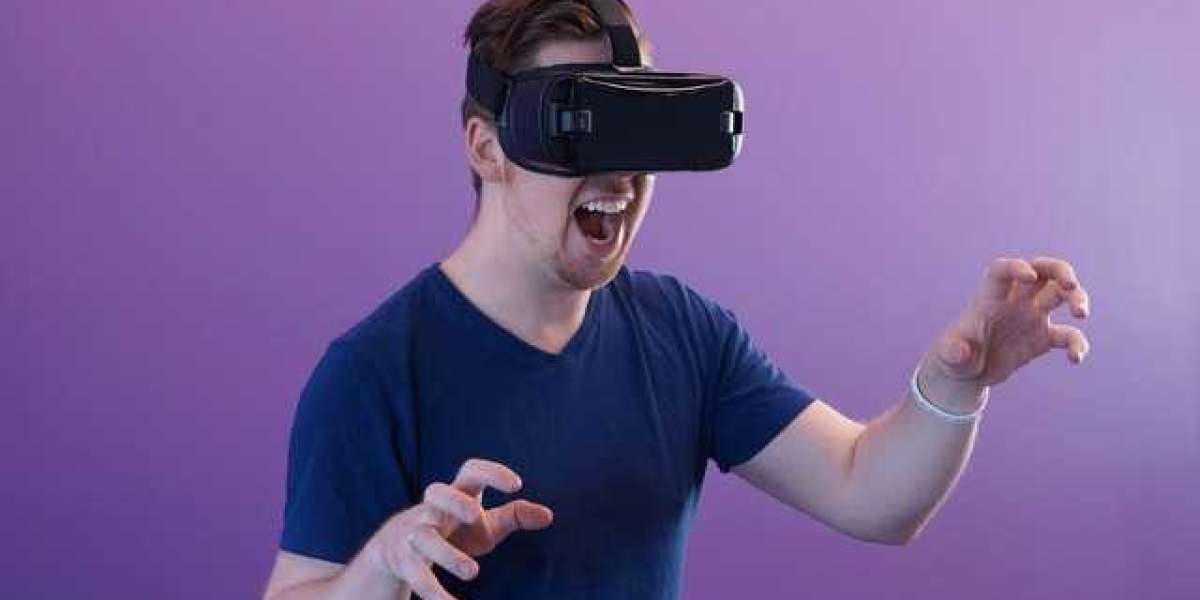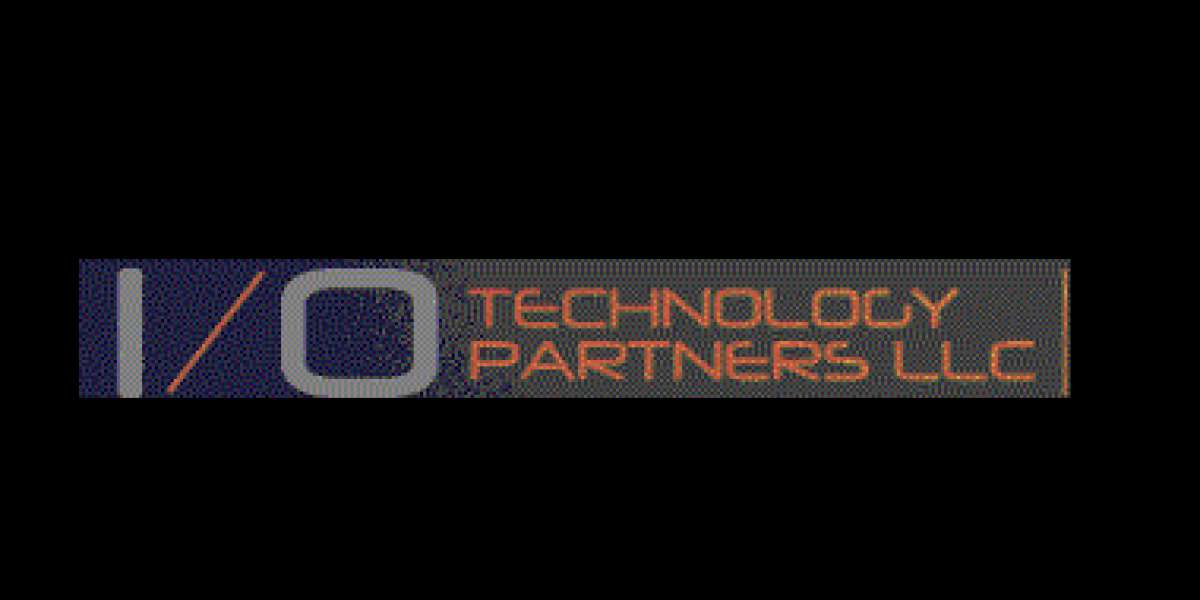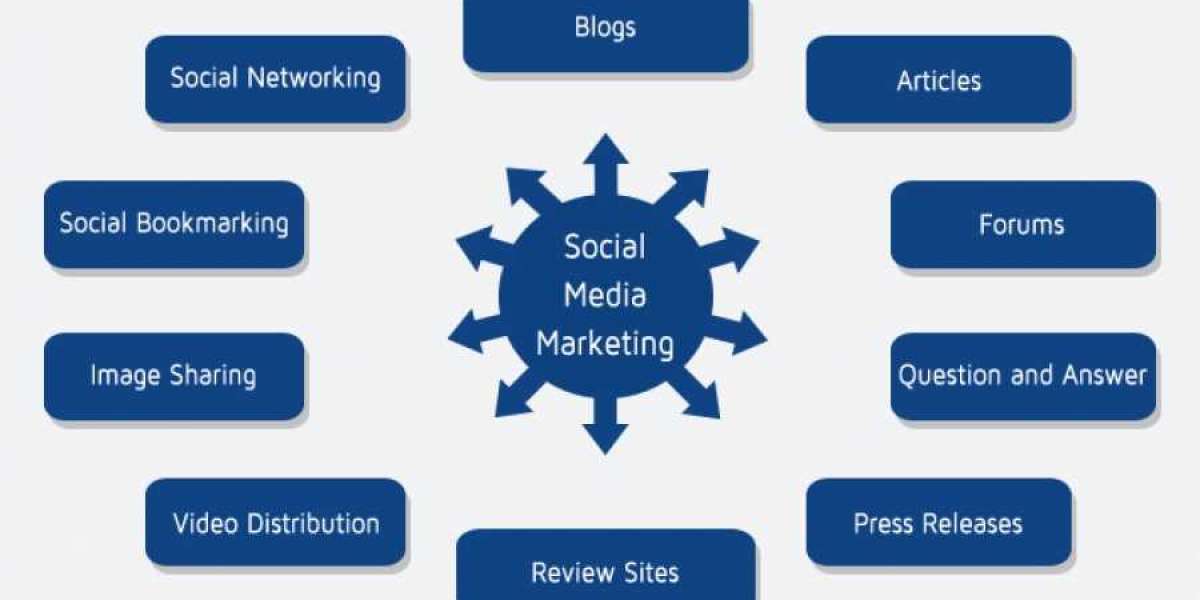The global metaverse market was valued at USD 107,100.67 Million in 2020, and it is expected to reach a value of USD 758,600.86 Million by 2027, at a CAGR of 37.1% over the forecast period (2020 - 2027).
The Metaverse is a virtual interactive self-sufficient ecosystem comprising mobile networks, augmented reality, social media, gaming, virtual reality, e-commerce, cryptocurrency, and workplace. This universe is envisioned as the internet's future, bringing together augmented reality (AR), virtual reality (VR), and physical worlds in a common digital arena. NFTs and online events are exploding, opening up a world of possibilities for the metaverse and associated technologies.
The transition to the Metaverse is fast approaching. Several components and features of this open-source platform have progressed to the point where they may be smoothly merged to investigate the idea of building a parallel virtual reality. NFTs and online events are exploding, opening up a world of possibilities for the metaverse.
Segmental Analysis
The Global Metaverse Market is segmented based on Type, Technology, and Application. Based on Type it is categorized into: Mobile and Desktop. Based on Technology it is categorized into: Blockchain, VR AR, Mixed Reality, and Others. Based on Application it is categorized into: Gaming, Online Shopping, Content Creation, Social Media, and Others. Based on region it is categorized into: North America, Europe, Asia-Pacific, South America, and MEA.
Analysis by Application
The gaming segment is expected to be the largest segment in the Metaverse market throughout the forecast period (2020-2027).Due to major ongoing innovations and advances by developers, as well as a rising focus on improving immersion and making games more realistic, the gaming segment will have the leading revenue share of more than 25% in 2021. Furthermore, corporations' growing emphasis on using games to enhance their corporate image is expected to drive revenue growth.
China, the world's second-largest economy, is expected to reach a market size of USD 103,100.26 million in 2026, with a CAGR of 38.1 % throughout the forecast period. Other notable global markets include Japan and Canada, which are expected to increase at 31.3% and 29.6%, respectively, throughout the forecast period. Germany is expected to develop at a 36.8% CAGR within Europe, while the rest of the European market would reach USD 59,500.67 Million by the conclusion of the forecast period.
Market Dynamics
Driver
The rise of blockchain and digital assets is anticipated to drive the global metaverse market growth. With the arrival of a new open, decentralized internet, comes an increased focus on blockchain, for the management of transparent data. Blockchains allow for convenient, trustless data exchanges, recorded histories, and decentralized authority. Many experts believe the blockchain will play an important role in the creation of a safe and fair metaverse. The blockchain is also helping to form the creation of a new economy within the metaverse, one defined by creators being able to monetize the things they make and receive adequate compensation for their talents. NFTs, or non-fungible tokens, for instance, are an exciting part of the metaverse, which allow people to sell everything from data to services and experiences, in a way that benefits the actual artist or creator behind each asset.
Restraint
The threat of cyber-based attacks on the metaverse is of significant concern. Even if the eventual implementation of the metaverse differs from today's concept, technologies like Virtual Reality (VR), Augmented Reality (AR), the Internet of Things (IoT), and cryptocurrencies will undoubtedly be implemented. These technologies have the ability to integrate and synchronize the physical and digital worlds. However, they will open up new avenues for fraudsters to target businesses and individuals. Concerns about data security and privacy in metaverse environments, problems concerning user identification, and difficulties persuading customers to utilize payment services in these settings are some of the primary reasons that are likely to limit global metaverse market revenue development throughout the forecast period.
Competitive Landscape
The global metaverse market is fairly concentrated, with a few big and medium-sized market participants accounting for a large portion of market revenue. Major players are implementing numerous tactics, including mergers and acquisitions, strategic agreements and contracts, and the development and testing of metaverse platforms.
Top Players Company Profiles
3i Inc. (South Korea)
Apple Inc. (US)
Atari, Inc. (France)
Autodesk Inc. (US)
Dapper Labs (Canada)
Decentraland (China)
Epic Games, Inc. (US)
Fastly (US)
Google LLC (US)
IBM Corporation (US)
Infor (US)
Magic Leap, Inc. (US)
Meta Platforms, Inc. (US)
Microsoft Corporation (US)
Nextech AR Solutions Inc. (Canada)
NVIDIA Corporation (US)
Oracle Corporation (US)
PTC Inc. (US)
Roblox Corporation (US)
Recent Developments
In January 2022, Microsoft Corp announced a USD 68.7 billion acquisition of "Call of Duty" creator Activision Blizzard in 2022. It is regarded as the largest game industry transaction in history, with global technological behemoths staking their claims to a virtual future. Microsoft's gaming market share was forecast to be 6.5 percent in 2020, and the addition of Activision to their portfolio is expected to increase it to 10.7% by 2022.
In January 2022, Brew Master, a new metaverse-based game, was announced by Zhongqingbao, one of China's earliest gaming firms. As a result, the company's stock price increased by more than 20% in the 24 hours after the news, prompting a trade stop.
In January 2022, XRHealth and HTC announced that they will offer Virtual Treatment Rooms on the VIVE Focus 3 and VIVE Flow. Physical therapy, occupational therapy, and pain management will be among the treatments available in the virtual treatment rooms.








